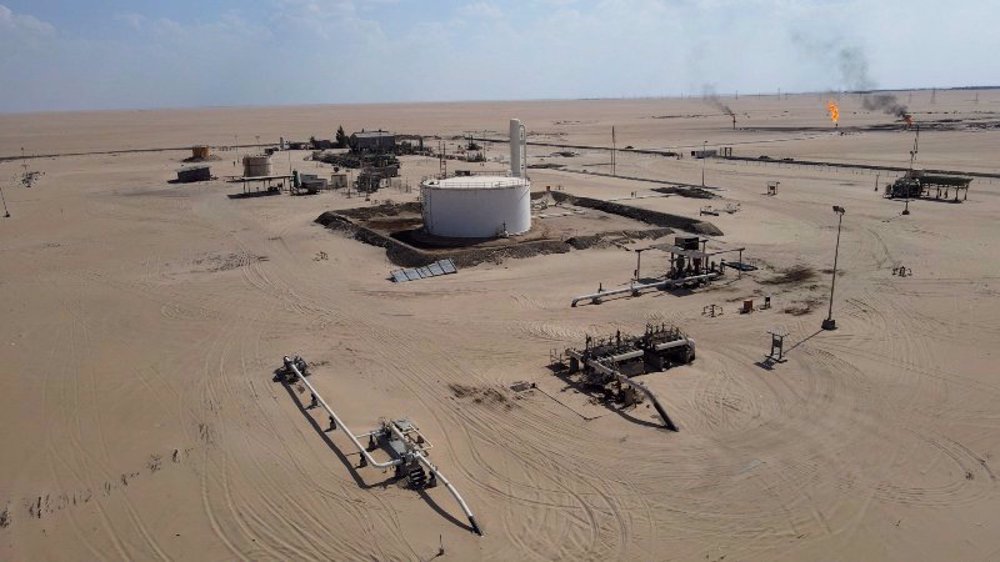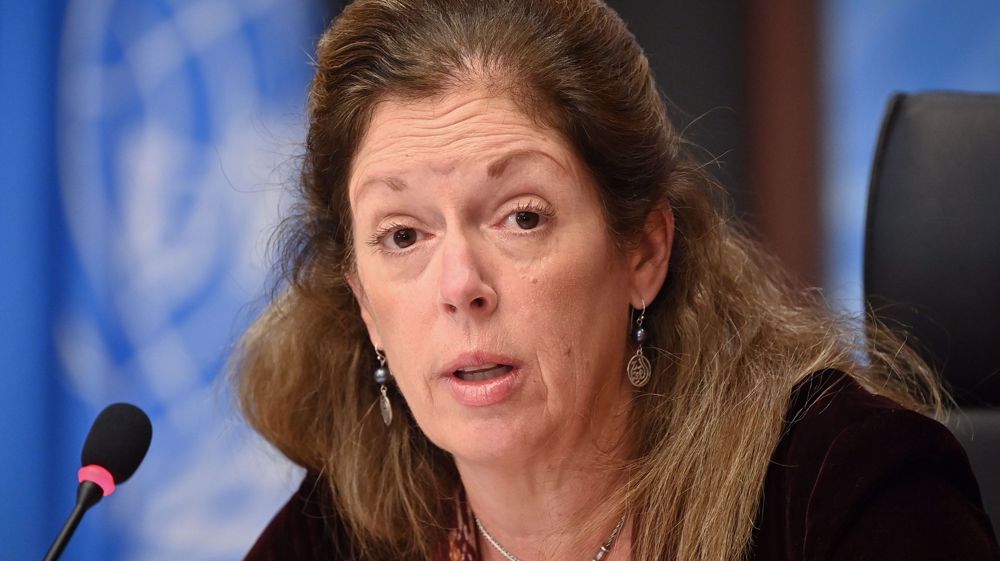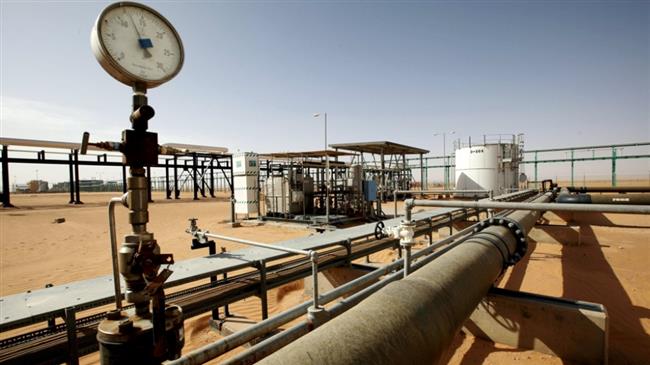Libyan experts discover 17 bodies in mass graves in Haftar’s stronghold
Libyan experts have discovered 17 bodies in several mass graves in the west of the North African country’s Tarhuna region, from where rebel forces under the command of renegade general Khalifa Haftar launched an aborted assault last year to seize the capital, Tripoli.
Lotfi Tawfiq, who heads a committee tasked by the Libyan government to search for missing people, made the announcement on Saturday and said the experts had found the dead bodies in five new mass graves, taking the total exhumed in recent months to 112.
Tawfiq said the newly-discovered graves are the latest in a string of grim discoveries in Tarhuna, and that the excavations would continue.
The Tarhuna region, some 80 kilometers southeast of Tripoli, served as the main staging point for Haftar's failed offensive.
Libyan Interior Minister Fathi Bashagha said the graves represented "atrocious acts" that cannot go "unpunished.”
The presence of mass graves in Tarhuna was first reported after the withdrawal of Haftar's forces from western Libya in June.
The United Nations’ mission to Libya expressed its “deep concern” about the “very horrible reports” regarding the discovery of mass graves in Tarhuna and said authorities “must conduct a prompt, transparent and effective investigation into reports of extrajudicial killings.”
Libya plunged into chaos in 2011 when a popular uprising backed by a NATO intervention led to the ouster of long-time leader Muammar Gaddafi.
Since 2014, two rival seats of power have emerged in Libya, namely the internationally-recognized government of Prime Minister Fayez al-Sarraj, and another group based in the east of the country that is militarily backed by rebels under the command of a military strongman Haftar.
The rebels, who are supported by the United Arab Emirates, Egypt, and Jordan, launched a deadly offensive to capture the capital, Tripoli, last April. But the government forces repelled that offensive and gained the upper hand against the rebels elsewhere in the country with crucial help from Turkey.
Haftar has so far violated previous ceasefire agreements with the government, but the two rival sides eventually agreed in Geneva last month to sign a "permanent ceasefire" agreement in all areas.
UK police detain Jewish scholar Haim Bresheeth following pro-Palestine address
VIDEO | Iraqi resistance strikes key Israeli targets in occupied territories
VIDEO | Press TV's news headlines
Iranian satellites launched into space as private sector debuts in space industry
VIDEO | Iran, Azerbaijan conduct joint maritime rescue operations
VIDEO | Yemen’s Red Sea divide: Naval forces block Israeli-linked ships in strategic ‘parting of the water’
VIDEO | Southern Gaza: Israel’s facade for famine and suffering
VIDEO | IOF hampering humanitarian aid



















 This makes it easy to access the Press TV website
This makes it easy to access the Press TV website